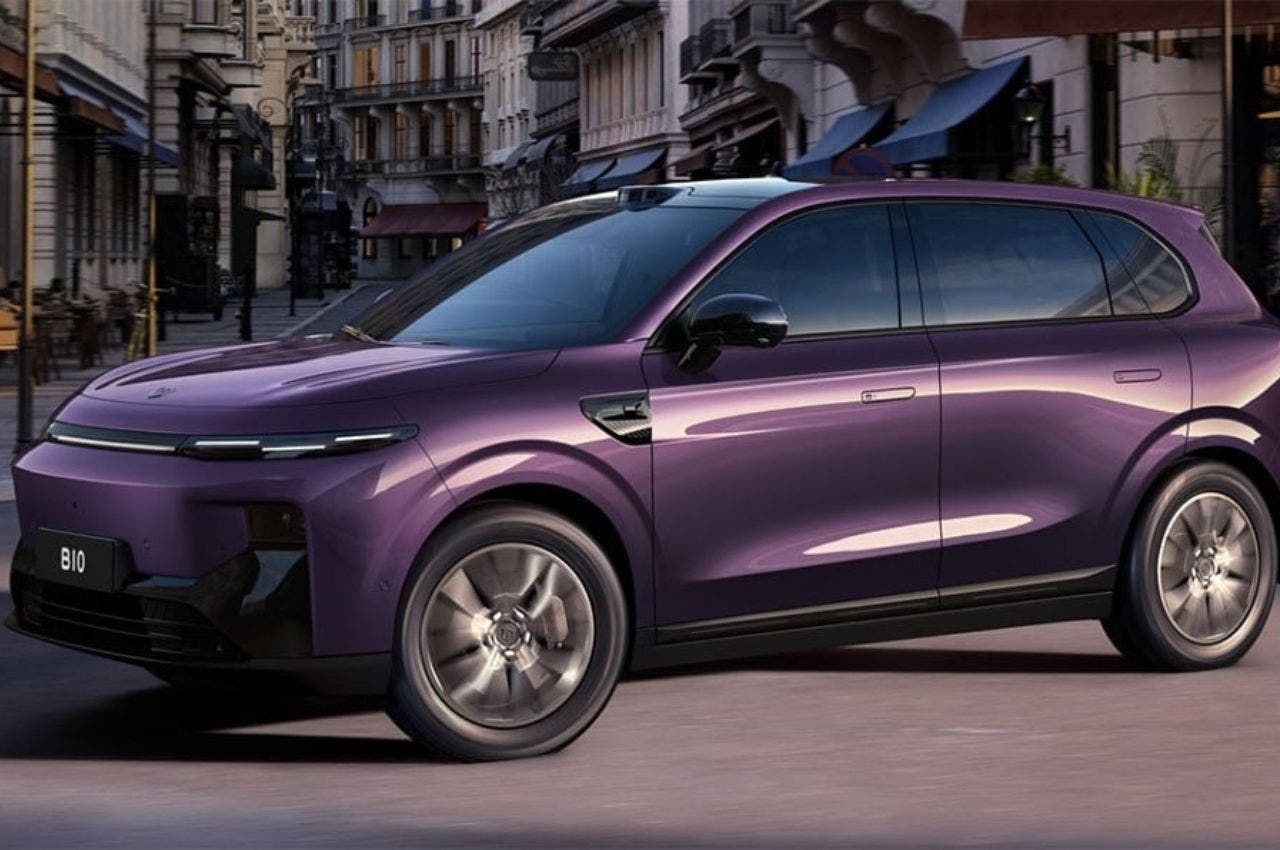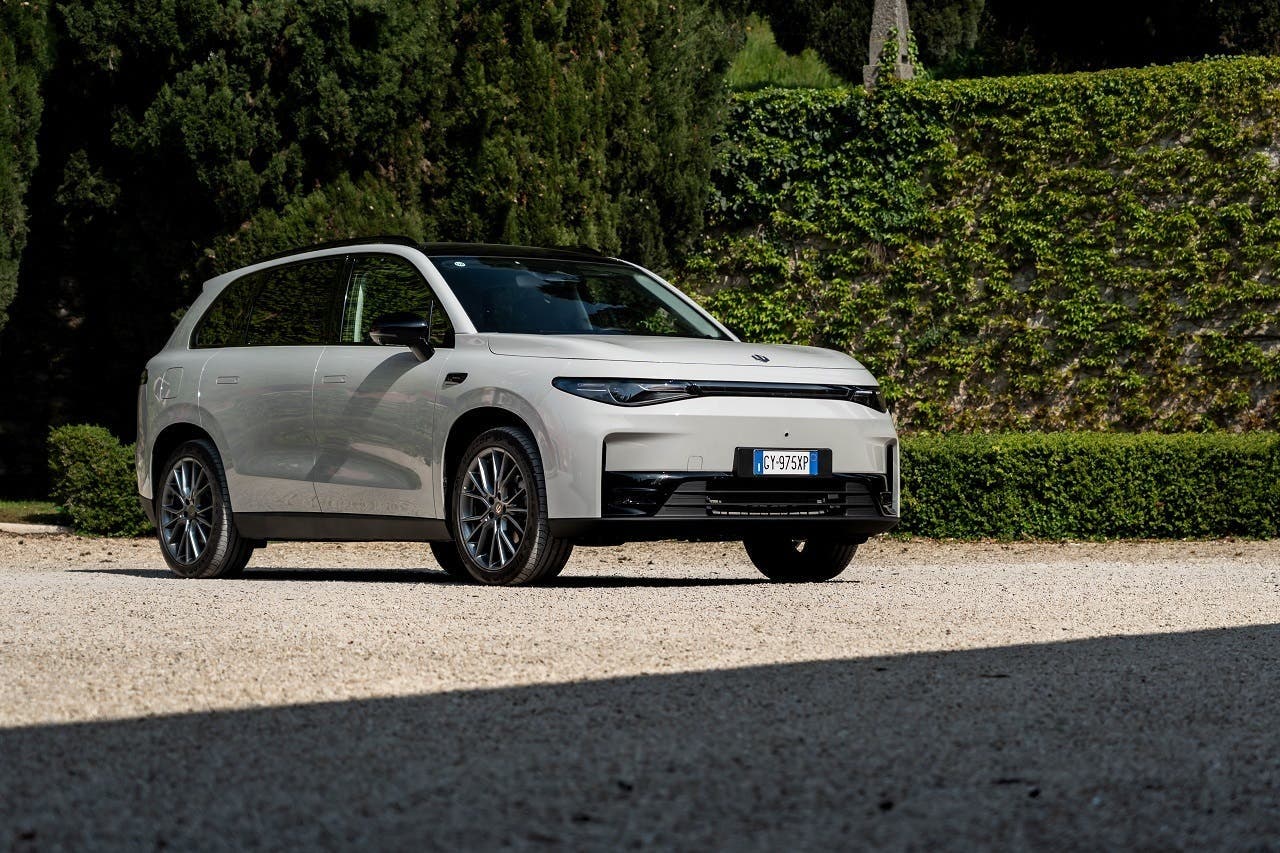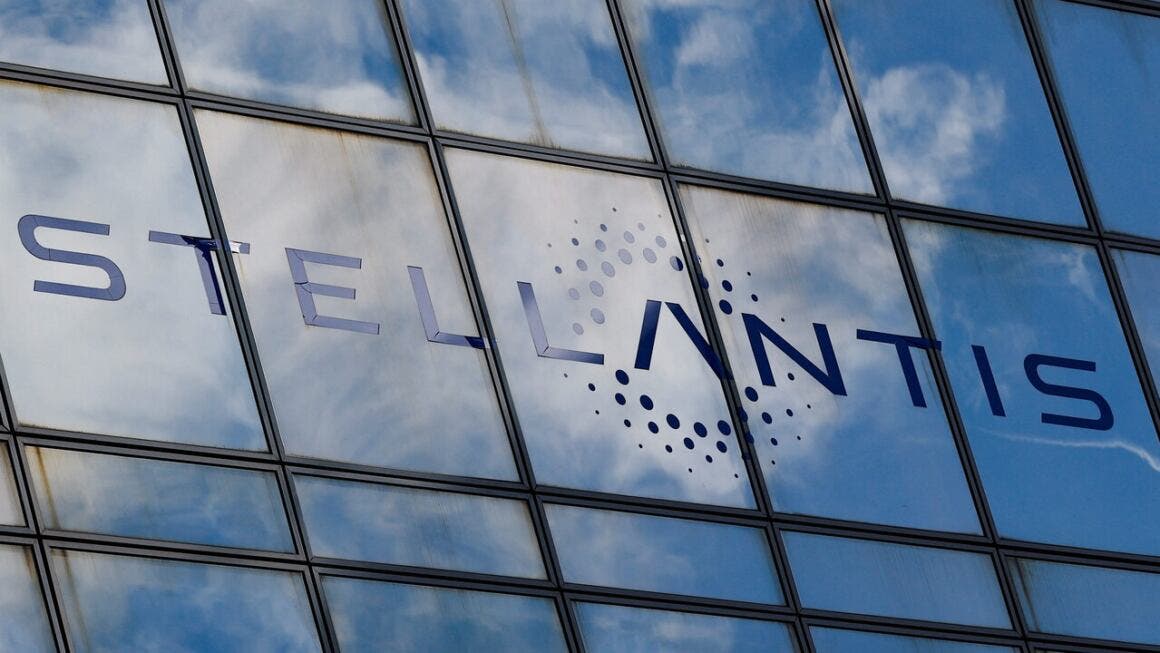Stellantis is preparing its European offensive together with Chinese partner Leapmotor, aiming directly at the heart of the Volkswagen group. From 2026, in fact, large-scale production of the new Leapmotor B10 will begin, a compact electric SUV designed to challenge models like VW ID.4, Skoda Elroq and Kia EV3. The project represents one of the pillars of the new expansion strategy of the group led by Antonio Filosa, determined to strengthen its presence in the European electric market with a more competitive and pragmatic approach.
Stellantis to build Leapmotor B10 electric SUV in Spain starting 2026 to challenge VW

The move allows Leapmotor to circumvent the heavy EU duties on Chinese electric vehicles, which today amount to over 30% overall between import taxes and additional levies. Producing in Europe, therefore, means eliminating this obstacle and playing on equal terms with local manufacturers. It’s the same logic that pushed BYD to open its factory in Hungary, a strategy that is already putting the European Commission in difficulty.
B10 sales will however begin in the coming weeks, with the first units imported directly from China and a starting price under €30,000. An extremely aggressive positioning aimed at conquering the compact electric SUV segment, now dominated precisely by Volkswagen and Korean brands.
According to Filosa, Leapmotor models destined for Europe will be produced in a Stellantis plant in Spain, where energy costs are lower and relations with Beijing are more relaxed than those with Rome. Among the most likely sites are Madrid and Vigo, areas already chosen by other groups such as Volkswagen, Chery and CATL for their investments in the electric sector. Spain, in fact, has become a real hub for zero-emission mobility, thanks to a €5 billion government plan launched in 2020 with European funds.

Leapmotor already made its entry into the Old Continent in 2024 with two models: the T03 city car and the C10 mid-size SUV, available both in pure electric (BEV) and extended-range REEV technology versions. This second option, which combines electric motor and combustion generator, could prove crucial should the European Union decide to revise the 2035 combustion engine ban, effectively opening a new era of evolved hybrids.
The Stellantis group controls 51% of the Leapmotor International joint venture and owns a 20% stake in the Chinese brand, acquired in 2023 with an investment of about €1.5 billion, one of Carlos Tavares’ last strategic moves before his departure. In ten years Leapmotor has reached one million vehicles produced, but the real challenge begins now: if it manages to establish itself in Europe with Stellantis‘ industrial and logistical support, it could become the group’s secret weapon against Volkswagen and other Asian giants in the electric and future REEV market.
